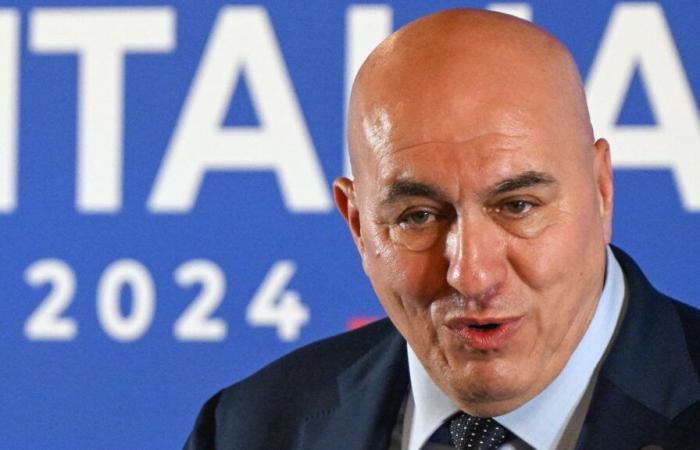Italian Defense Minister Guido Crosetto said on Thursday that Italy would be forced to arrest Israeli Prime Minister Benjamin Netanyahu if he visited the country, following the arrest warrant issued by the ICC. Another minister, however, was more cautious.
Italian Defense Minister Guido Crosetto declared this Thursday, November 21 that Italy would be obliged to arrest Israeli Prime Minister Benjamin Netanyahu in the event of a visit to the country, following the arrest warrant issued by the ICC.
The minister told Italian television that the court was “wrong” but said that if Netanyahu and his former defense minister Yoav Gallant “were to go to Italy, we would be obliged to arrest them.” under international law.
The government is not on the same wavelength
For his part, Italian Foreign Minister Antonio Tajani was more cautious.
“We support the ICC, while recalling that the court must have a legal role and not a political role. We will evaluate with our allies how to react and interpret this decision,” he reacted.
An arrest warrant was issued this Thursday against the Israeli Prime Minister, former Defense Minister Yoav Gallant and the mastermind of the October 7 attacks Mohammed Deif. The IDF claims that this Hamas executive was killed in July but the Court considered “not being able to determine whether Mr. Deif was killed or is still alive”.
Italy is one of more than 120 countries that have ratified the Rome Statute, the treaty that established the International Criminal Court. “States parties to the Rome Statute have an obligation to cooperate fully with the ICC and to provide in their national legislation procedures allowing the execution of all requests for cooperation,” writes the judicial body on its website.
Other European countries reacted following the arrest warrant issued by the ICC. The head of Hungarian diplomacy described this decision as “a shame”, while Spain said it “respects the decision of the International Criminal Court and will comply with its commitments and obligations under the Rome Statute and the international law”.






